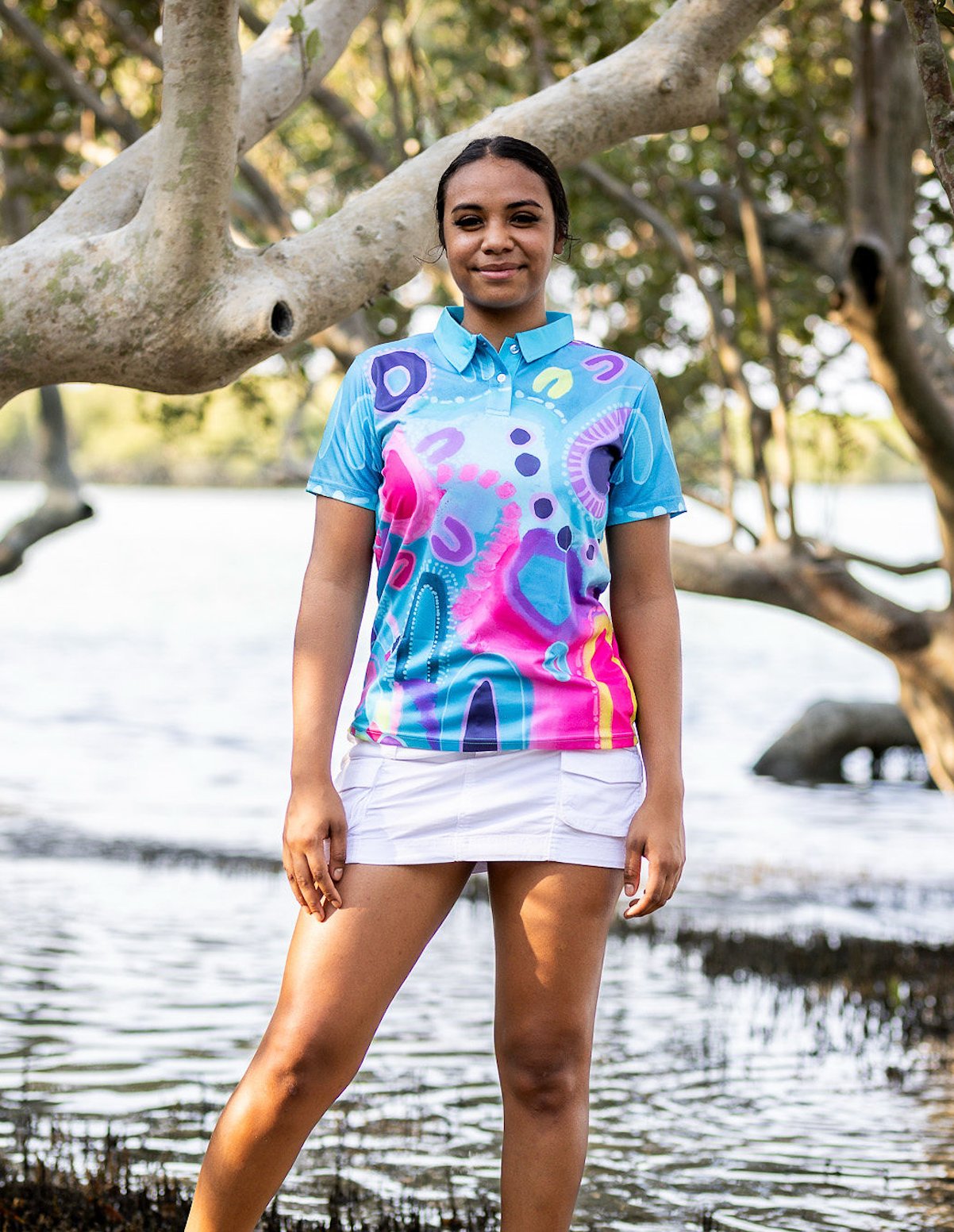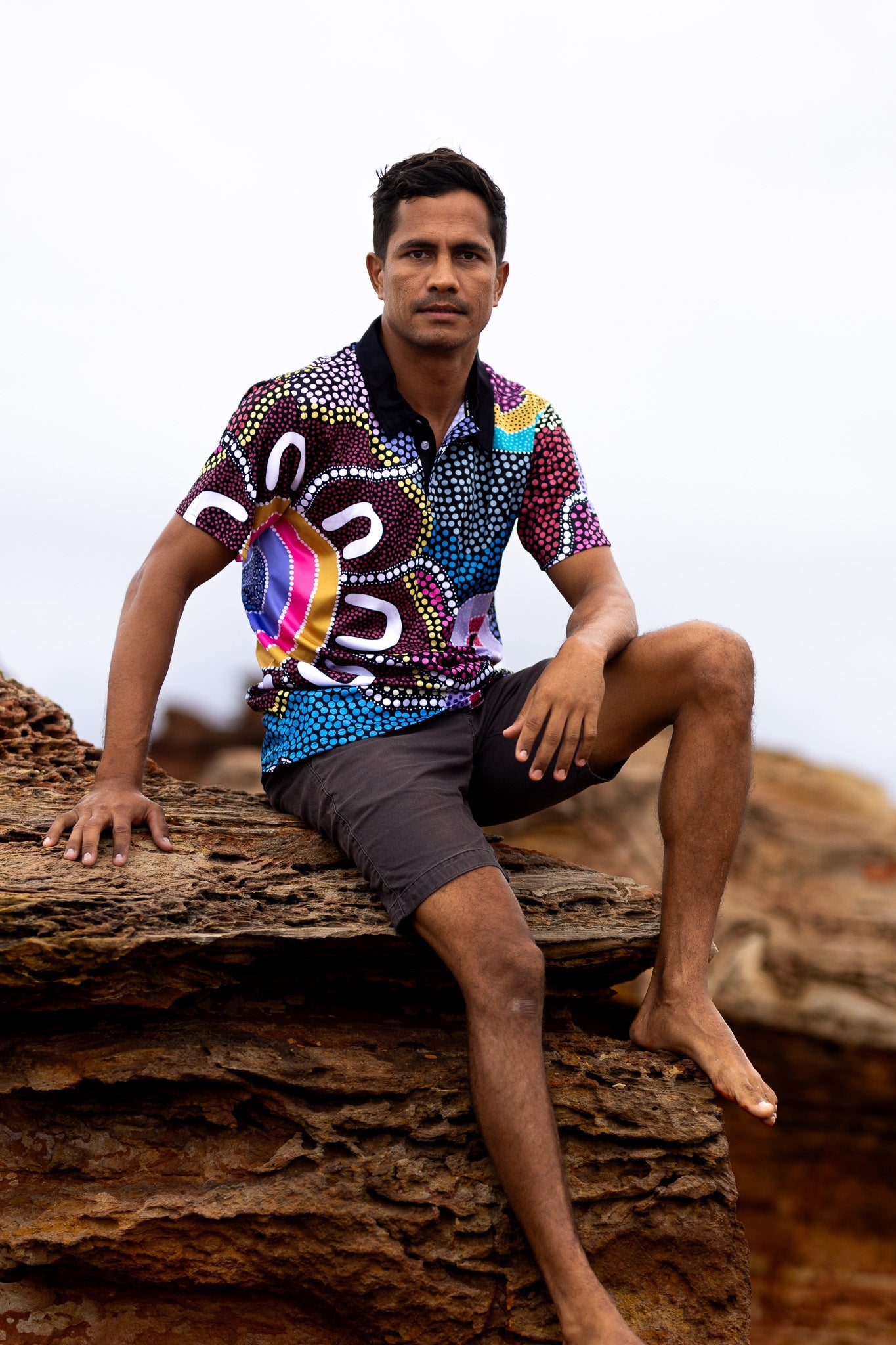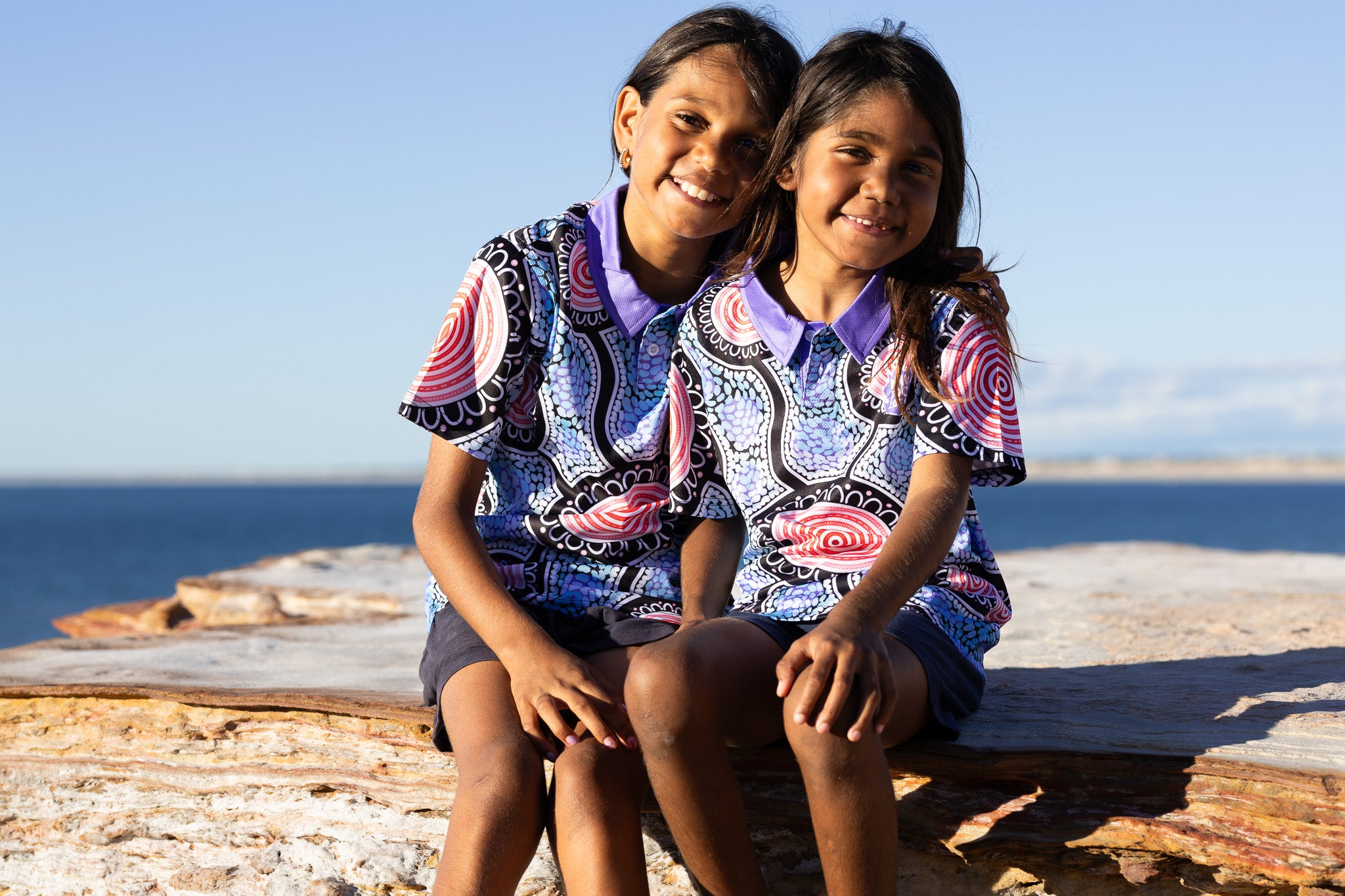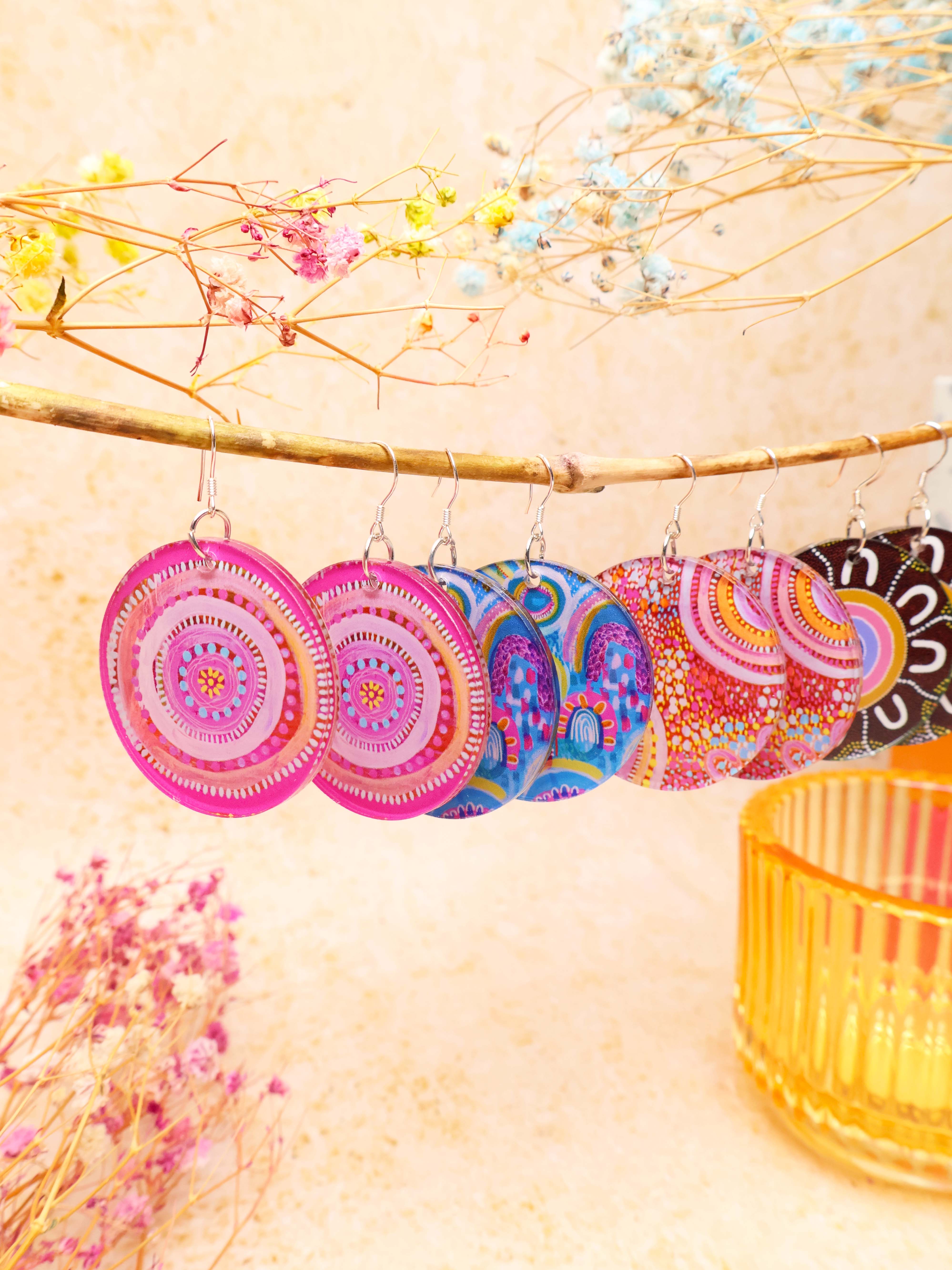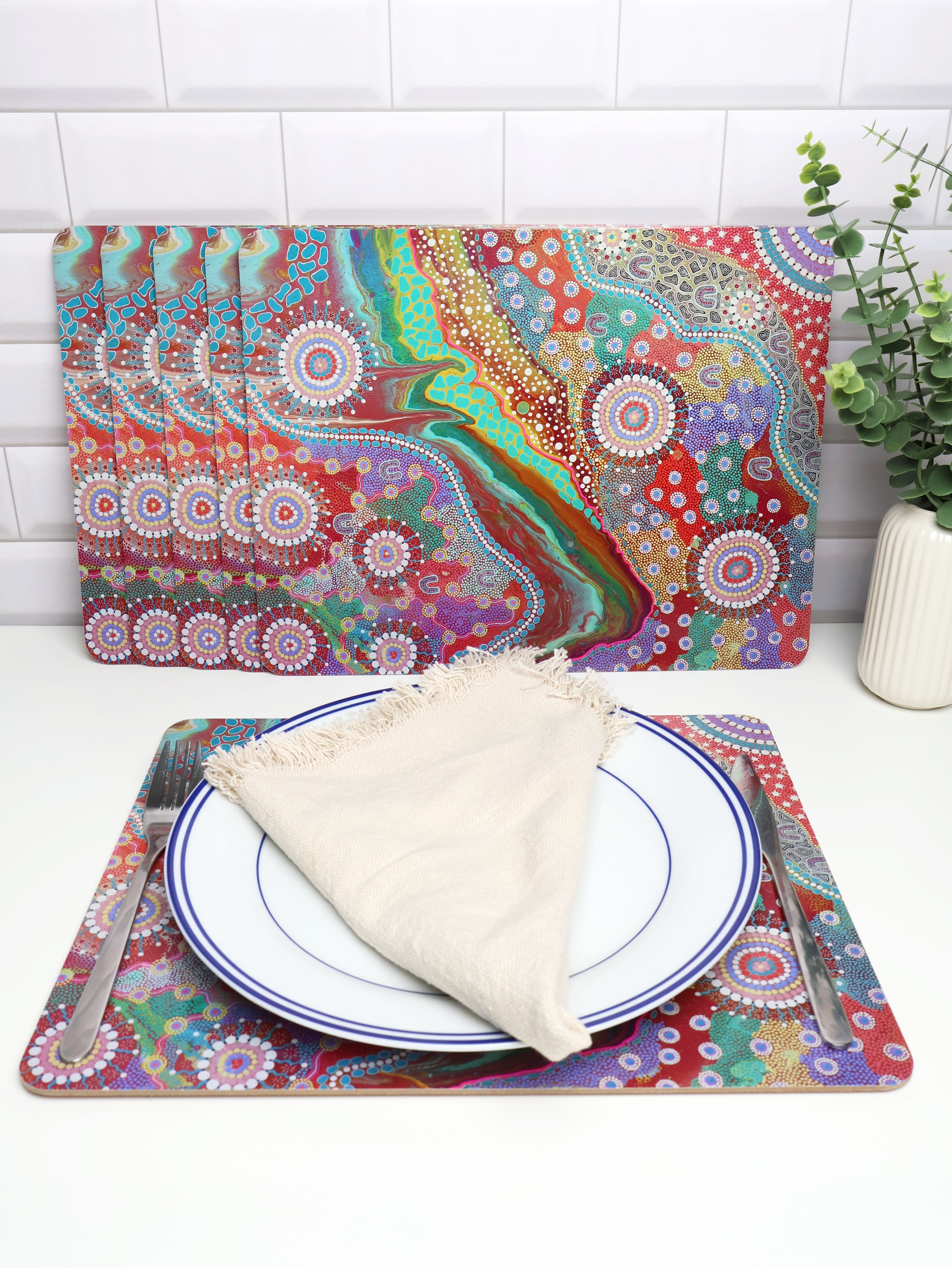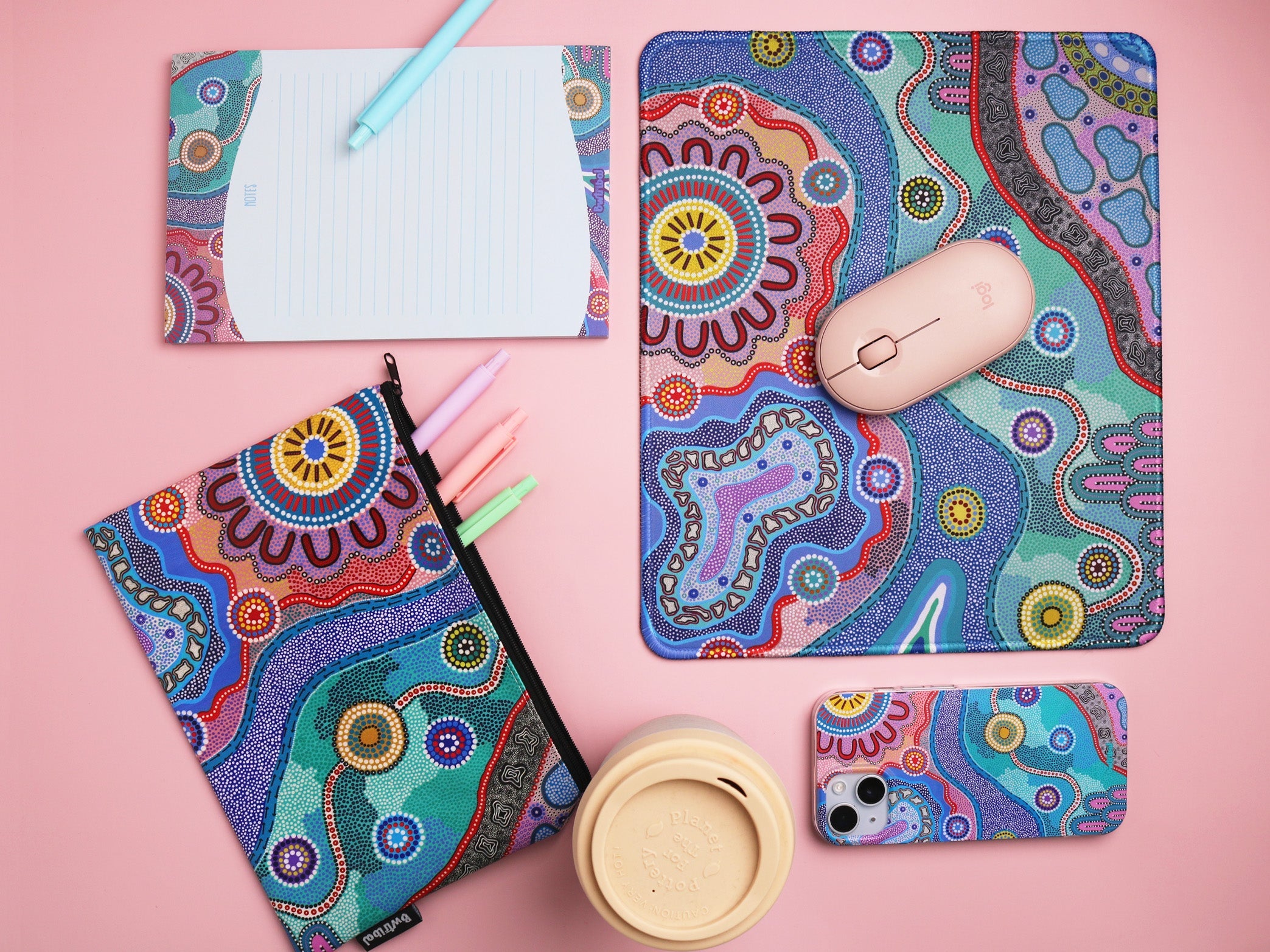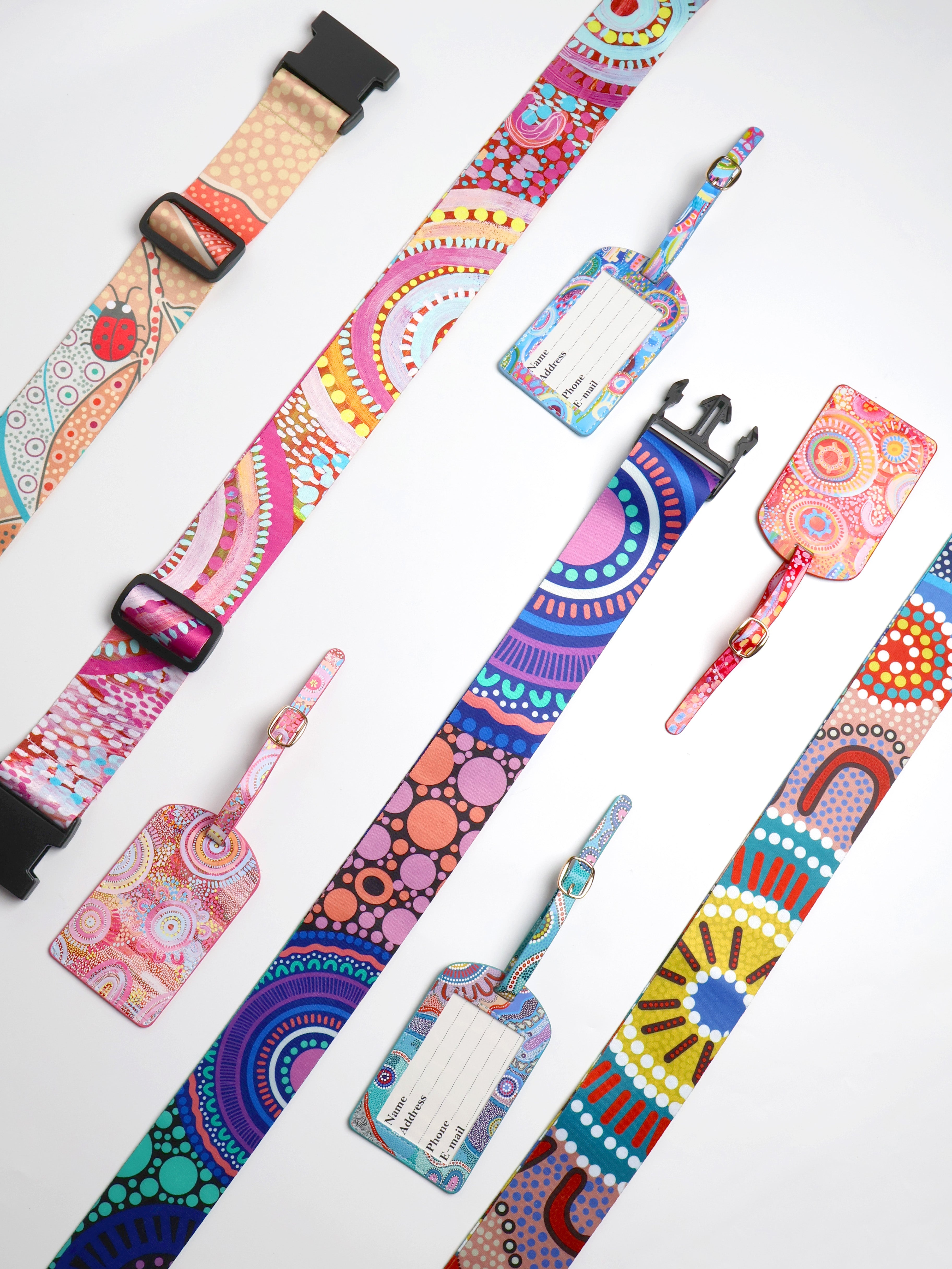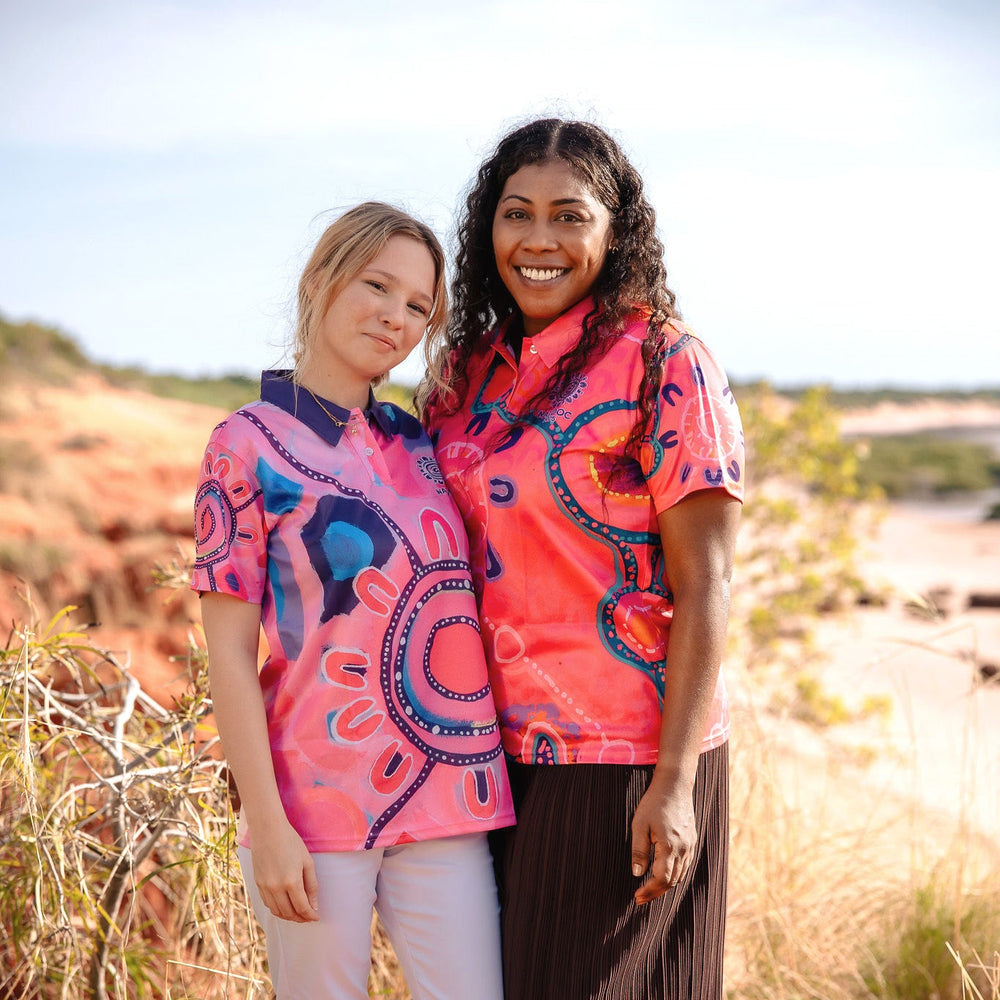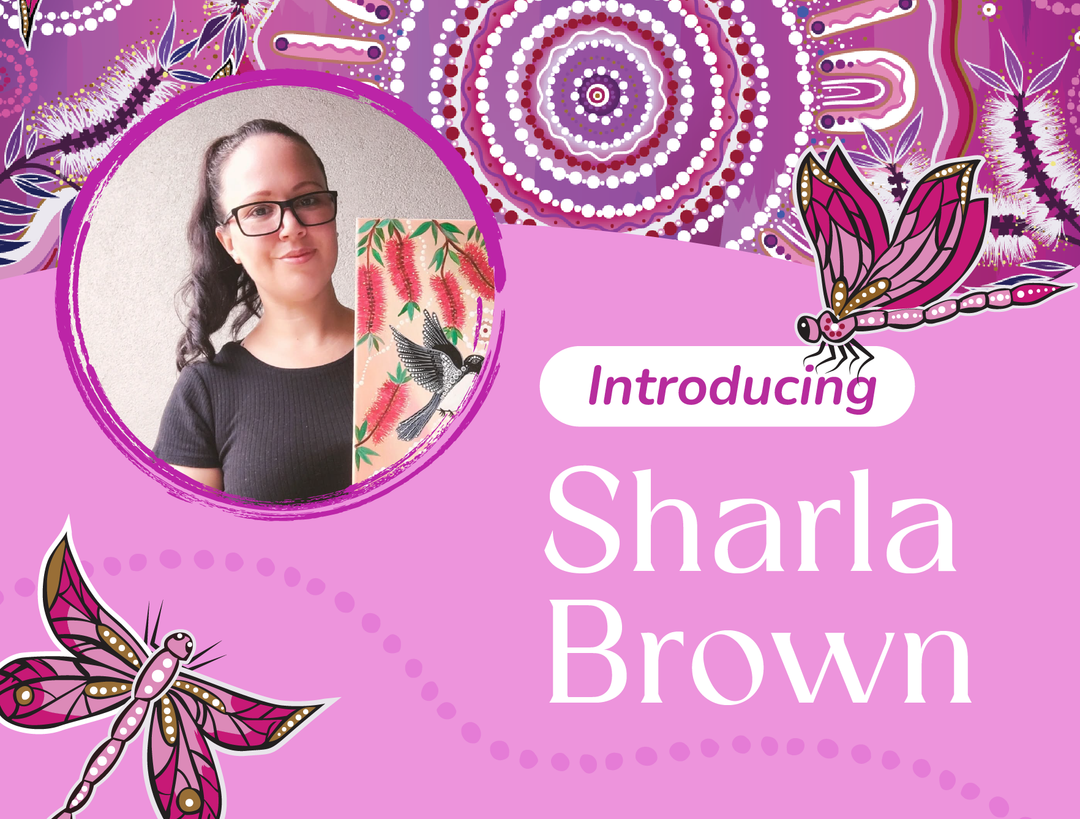In the late 19th century, South Sea Islander labourers were brought to the country to work in the sugar cane industry. Between 1863 and 1904, approximately 62,000 Islanders were brought to Australia, primarily from Vanuatu and the Solomon Islands, to work under a system of indentured labour.
The first group of 67 Islanders arrived in Brisbane on the ship Don Juan on 14 August 1863. They were recruited by Robert Towns, a businessman and plantation owner, to work on his sugar cane plantations in Queensland. This event marked the beginning of a dark chapter in Australian history, as the Islanders were often subjected to harsh working conditions, poor living arrangements, and racial discrimination.
Many Islanders were kidnapped or coerced into leaving their homes, a practice known as "blackbirding." They were promised good wages and the opportunity to return home after a fixed period, but these promises were often not kept. The Islanders worked long hours in the hot sun, and many died from diseases, accidents, or overwork.
Despite the hardships they faced, the South Sea Islander labourers made a significant contribution to the development of the Australian sugar industry. Their labour was essential to the success of the plantations, and they played a crucial role in the economic growth of Queensland and New South Wales.
In recent years, there has been a growing recognition of the need to acknowledge the history of the South Sea Islander labourers and the injustices they faced. In 2013, the Australian government formally recognised the Australian South Sea Islander community as a distinct cultural group, and in 2017, a memorial was unveiled in Bundaberg, Queensland, to honour the Islanders who lost their lives while working in the sugar cane fields.
However, there is still much work to be done to address the ongoing impact of this history on the South Sea Islander community in Australia. In 2020, calls were made for Ex-Prime Minister Scott Morrison to visit Bundaberg and learn about the history of slavery in the region, highlighting the need for greater recognition and understanding of this defining moment in Australian history.
At BW Tribal, we believe in the importance of acknowledging and learning from the past, while working towards a more just and equitable future for all Australians. As an Indigenous-owned company, we are committed to supporting the rights and well-being of Indigenous peoples, including the Australian South Sea Islander community. We hope that by sharing this history, we can contribute to a greater understanding and appreciation of the diverse cultures and experiences that make up our nation.
Sources:
Cover Image: South Sea Islander women working on a sugarcane plantation at Hambledon, Queensland, approximately 1891. John Oxley Library 172501
National Museum of Australia. (n.d.). Islander Labourers.
Saunders, M. (2020, June 12). Calls for Scott Morrison to visit Bundaberg to learn about 'slavery' history. ABC News.





